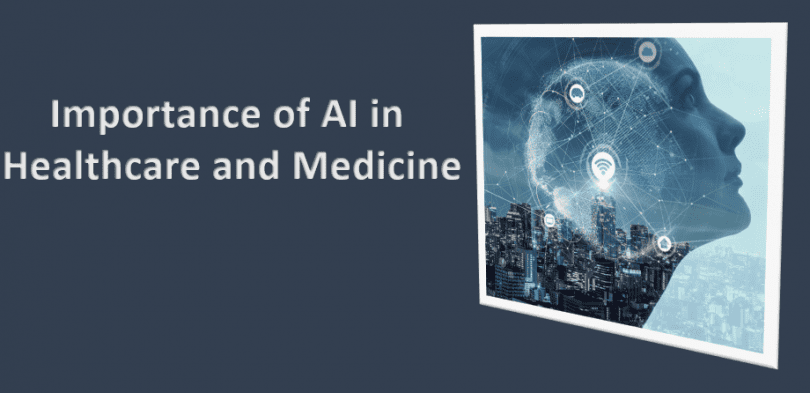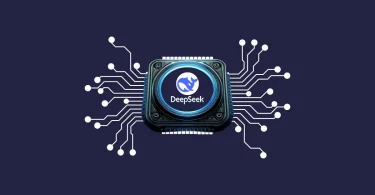Introduction
The term Artificial Intelligence is used to define the use of technology and computers to simulate the
intelligent behavior and critical thinking of computers as compared to human intelligence. The term AI
was first described by Joh McCarthy in 1956 and it was referred to as the science and engineering of
making intelligent machines. AI technology has taken over many functions of engineering, science, and
technology. AI in medicine deals with primary care physicians to develop the knowledge and familiarity of
current and future AI applications. It has no doubt changed the whole scenario and shifted the paradigm
of an ordinary workplace.
AI in Healthcare
In the beginning, the technology was rarely used for the automation of most routine and monotonous
tasks and activities. People resist change so it has always been a greater challenge to introduce any new
technology. The use of technology was aimed not only for automation, time, and cost-saving but also to
cut the use of paper. The changes in technology are ongoing but Artificial Intelligence technology has
opened the doors of many new possibilities. It also has emerged as a new revolution and an enabler for
improving health care outcomes. The AI has made its way to develop new models, explore new
treatments, and also helped a lot in developing the vaccine. By the augmentation of human performance,
AI can markedly improve productivity, efficiency, workflow, accuracy, and speed both for patients and
physicians. It can be the major factor for restoring care in the healthcare sector. From clinical research to
hospital care, insurance to drug development, AI Applications have reorganized the workings of the
health care sector in order to cut down on spending and enhance the best outcomes of the treatment of
patients.
Applications of AI in Healthcare
• Support in Clinical Decisions
• Enhance Primary Care and Triage through Chatbots
• Robotic Surgeries
• Virtual nursing assistants
• Aiding in the accurate diagnosis
• Minimizing the burden of EHR use
AI in Medicine
The development in the medicine (drug) industry has slowed down by skyrocketing costs of research and
development. The research and development also take thousands of human hours, to be fair with
numbers. It costs approximately 2.6 billion dollars to put each drug through tests and medical trials, and
only 10% of these are successfully brought to market. With the breakthrough in technology and due to
artificial intelligence, pharmaceutical companies are quickly adopting AI due to the efficiency, accuracy,
and knowledge that AI can provide.
One of the biggest break-through in AI with respect to drug development came in 2007when researchers
tasked a robot named Adam with researching functions of yeast. Adam’s research results we unique and
they hypothesize about the functions of 19 genes within yeast, also predicting 9 new and accurate
hypotheses. Adam’s robot friend named Eve discovered that triclosan, a common ingredient in kinds of
toothpaste can combat malaria-based parasites. Some companies use AI to identify and develop new
medicines in the field of immune-oncology and neuroscience. AI also finds new applications of existing
drugs or identify new patients.
Applications of AI in Medicine
• Mass Screening
• Diagnostic Imaging
• Analysis of laboratory data
• Electro diagnosis
• Genetic Diagnosis
• Clinical Data Management




Leave a Comment